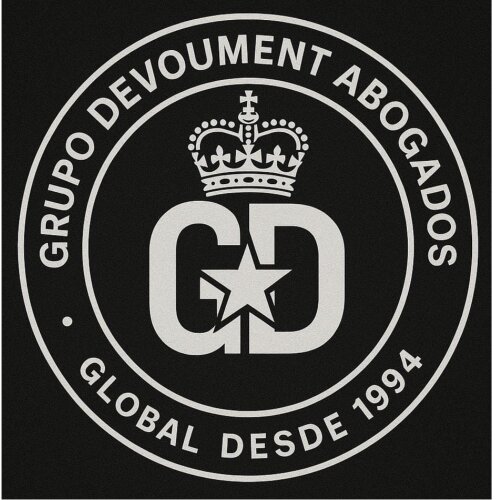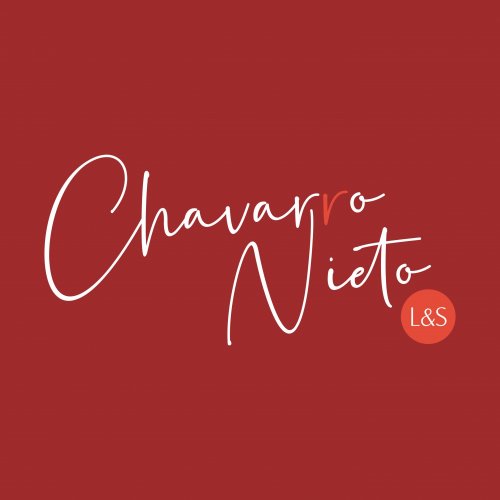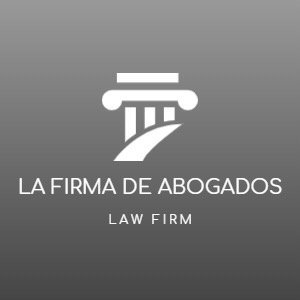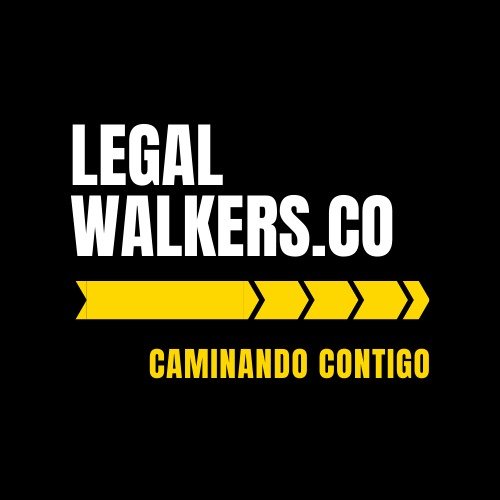Best Sanctions & Export Controls Lawyers in Bogotá
Share your needs with us, get contacted by law firms.
Free. Takes 2 min.
List of the best lawyers in Bogotá, Colombia
About Sanctions & Export Controls Law in Bogotá, Colombia
Sanctions and export controls are important legal frameworks that help regulate the movement of goods, technology, and services across international borders. In Bogotá, Colombia, these laws are designed to comply with both national and international obligations, ensuring that transactions do not violate trade sanctions, embargoes, or export restrictions. Sanctions typically involve restrictions on trade or financial transactions with certain countries, entities, or individuals, while export controls regulate the transfer of specific items, technology, or data. These rules are crucial for businesses involved in international trade and for anyone operating in sectors that could be affected by governmental or multilateral sanctions.
Why You May Need a Lawyer
A lawyer with expertise in sanctions and export controls can be vital in various scenarios, such as:
- Navigating complex import-export regulations to ensure compliance
- Advising on transactions with foreign entities that may fall under international sanctions
- Assisting in obtaining export permits or licenses from Colombian authorities
- Representing clients in investigations or audits by customs or regulatory agencies
- Developing internal compliance programs for companies
- Handling cases involving seized goods, blocked transactions, or denied shipments
- Responding to allegations of sanctions violations, which may carry criminal or administrative penalties
Having legal guidance helps minimize risk, avoid costly mistakes, and ensures compliance with both Colombian and international law.
Local Laws Overview
Sanctions and export controls in Colombia are governed by national legislation, presidential decrees, and regulations implemented by various ministries. Key aspects include:
- The Ministry of Commerce, Industry, and Tourism (MINCIT) oversees export regulations and licensing
- The Ministry of Foreign Affairs manages sanctions and coordinates with international bodies such as the United Nations
- Customs authorities (DIAN) enforce the practical application of export control measures at Colombian borders
- Colombian law complies with international treaties, United Nations Security Council resolutions, and regional agreements that impose sanctions or embargoes
- There are strict controls on sensitive or dual-use goods (items that can have both civilian and military applications)
- Financial sanctions and asset freezes may apply to named individuals, groups, or organizations
Any attempt to export controlled items or transact with sanctioned parties without proper authorization can result in serious consequences, including fines, loss of licenses, or criminal prosecution.
Frequently Asked Questions
What are sanctions and export controls?
Sanctions are legal measures restricting trade or financial relations with specified countries, entities, or individuals. Export controls regulate the movement of certain goods, technology, or data across borders, often to protect national security or meet international obligations.
Who enforces sanctions and export controls in Colombia?
Sanctions and export controls are enforced by several government bodies, including the DIAN (Directorate of National Taxes and Customs), the Ministry of Commerce, and the Ministry of Foreign Affairs.
Do Colombian companies need export licenses?
Yes, companies must obtain export licenses for goods or technologies classified as controlled or restricted under Colombian law or international agreements.
Are there international sanctions that apply in Colombia?
Colombia enforces international sanctions, especially those imposed by the United Nations Security Council. The government also coordinates with regional organizations and may implement its own sanctions.
What are the penalties for violating sanctions or export controls?
Penalties may include administrative fines, revocation of export privileges, seizure of goods, and, in serious cases, criminal prosecution.
How can my company avoid unintentional violations?
Implementing robust internal compliance programs, conducting due diligence, and consulting with legal experts are key steps to avoid unintentional violations.
Do sanctions apply to services as well as goods?
Yes, sanctions can restrict the provision of certain services, including financial, technical, or consulting services, in addition to goods.
Can individuals be targeted by sanctions in Colombia?
Yes, individuals can be subject to asset freezes and travel bans if listed under national, United Nations, or other international sanctions regimes.
What is a dual-use good?
Dual-use goods are items or technologies that have both civilian and military applications. These items are subject to stricter export controls due to potential security risks.
How do I check if a transaction is compliant with Colombian export controls?
You should consult applicable regulations, verify the status of goods and parties involved, and, if needed, seek guidance or approval from regulatory authorities or qualified legal counsel.
Additional Resources
If you need more information or assistance, consider reaching out to the following resources:
- Ministry of Commerce, Industry, and Tourism (MINCIT) - responsible for export control regulations
- Directorate of National Taxes and Customs (DIAN) - manages customs and enforcement at borders
- Ministry of Foreign Affairs - coordinates international sanctions and diplomatic matters
- Colombian Chamber of Commerce - offers information and resources for exporters
- National Police - division specializing in economic crime and embargoes
Many law firms in Bogotá also offer specialized services in sanctions and export controls for businesses and individuals.
Next Steps
If you believe you need legal assistance with sanctions or export controls in Bogotá, Colombia, consider these steps:
- Gather all relevant documents, including contracts, shipment records, and correspondence
- Identify the specific transaction or issue prompting your concern
- Contact a reputable law firm or specialist in international trade law
- Prepare to discuss the details openly with your legal advisor
- Stay informed on regulatory updates and potential changes to sanctions lists or control regimes
Early legal consultation can help prevent violations, facilitate smoother transactions, and protect your interests in dealings with authorities. A knowledgeable attorney is your best resource to ensure full compliance with Colombian and international law.
Lawzana helps you find the best lawyers and law firms in Bogotá through a curated and pre-screened list of qualified legal professionals. Our platform offers rankings and detailed profiles of attorneys and law firms, allowing you to compare based on practice areas, including Sanctions & Export Controls, experience, and client feedback.
Each profile includes a description of the firm's areas of practice, client reviews, team members and partners, year of establishment, spoken languages, office locations, contact information, social media presence, and any published articles or resources. Most firms on our platform speak English and are experienced in both local and international legal matters.
Get a quote from top-rated law firms in Bogotá, Colombia — quickly, securely, and without unnecessary hassle.
Disclaimer:
The information provided on this page is for general informational purposes only and does not constitute legal advice. While we strive to ensure the accuracy and relevance of the content, legal information may change over time, and interpretations of the law can vary. You should always consult with a qualified legal professional for advice specific to your situation.
We disclaim all liability for actions taken or not taken based on the content of this page. If you believe any information is incorrect or outdated, please contact us, and we will review and update it where appropriate.











